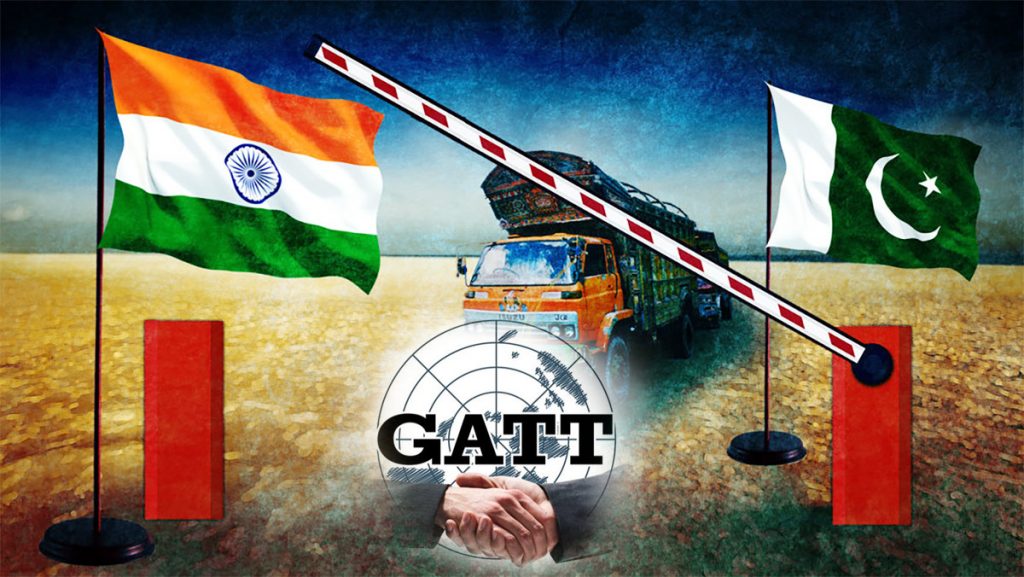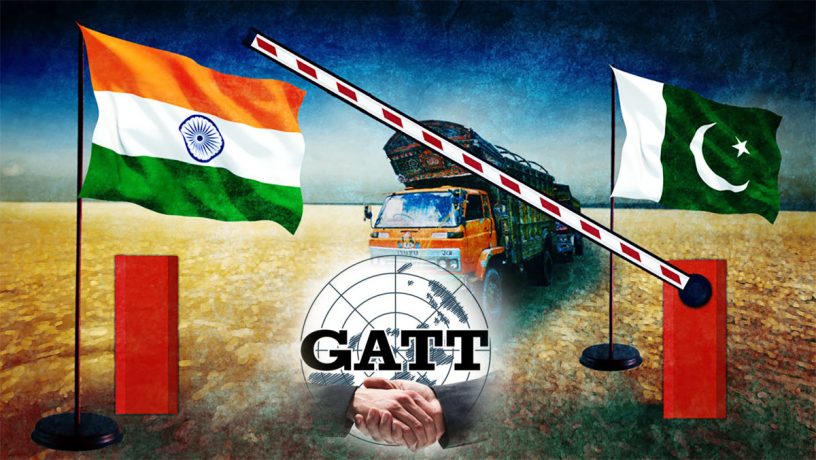
This research paper discusses the key concepts of Article XXI of General Agreement on Tariffs and Trade and applies them to the India-Pakistan situation.
Authors
Prabhash Ranjan, Senior Assistant Professor, Faculty of Legal Studies, South Asian University, New Delhi, India [He is currently Professor and Vice Dean (Continuing Education), Jindal Global Law School, O.P. Jindal Global University, Sonipat, Haryana, India.]
Summary
India and Pakistan, two nuclear armed South Asian neighbours who have shared a turbulent relationship for last 70 years, recently came close to almost fighting a war with each other.
The recent terror attack in Pulwama in Kashmir by a terror group based in Pakistan, led India to revoke Pakistan’s most favoured nation (MFN) status by imposing 200 percent tariff rates on all Pakistani imports. This decision was followed by a limited military confrontation between the two countries. This paper discusses whether India can justify this measure under Article XXI of GATT – the national security exception.
The paper, in light of the scholarly commentary and the recent WTO Panel’s decision in the Russia-Transit case, discusses the key concepts of Article XXI and applies them to the India-Pakistan situation. The paper finds that while a situation of international emergency did exist between the two countries, the Indian measure cannot be justified under Article XXI of GATT.
Published in: Journal of World Trade
To read the full article, please click here.


